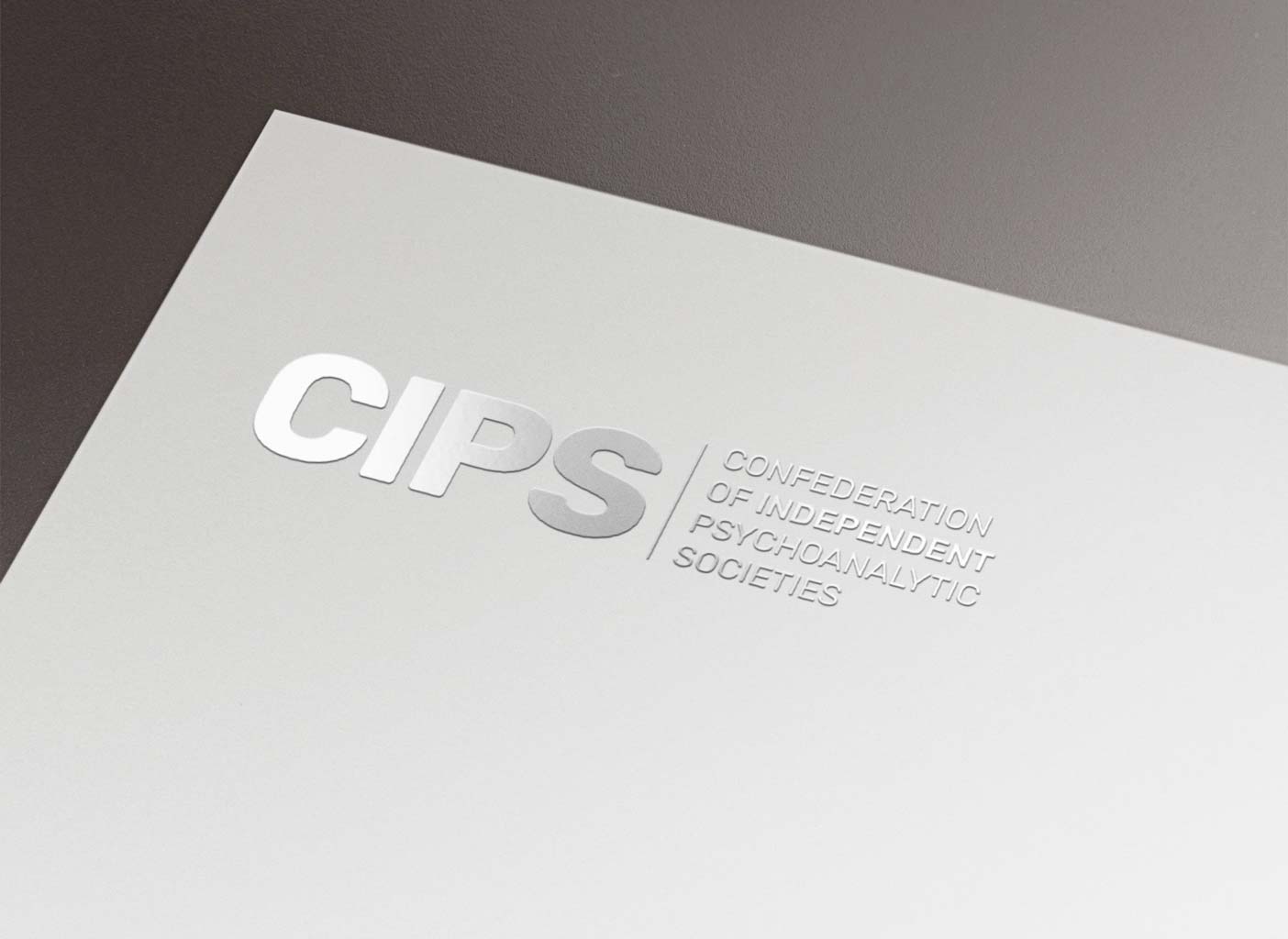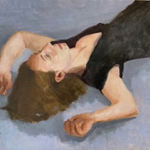CIPS NewsBriefs - Fall 2023
Letter from the President of CIPS
Dear Colleagues,
It was the end of August. I was about to take on my new role as President of CIPS, but still on Cape Cod, where I rent the same cottage for a week or two every year. In South Truro, the cottage overlooks the bay side dunes. There is a foot path through these dunes that leads to Fischer Beach, just south of Pamet Harbor. Though eight miles away, Provincetown, which sits on a spit of land that curves sharply north at the end of the Cape, is visible from the beach as well the front of the cottage.
I’ve been coming up to the Cape since 1985. One of the pleasures of being there is revisiting familiar places and of course noticing what has changed and what hasn’t. One thing that has is that there are many more seals in the area than there used to be. They gather on sand bars and swim along the ocean beaches. Most people agree that laws meant to protect the seals have caused this population growth; more seals have led sharks, which hunt them, to come closer to shore. As a result, there have been shark attacks on humans, including a fatal one several years ago. It seems that any change, however well intentioned, may have unanticipated consequences. Natural systems, like human systems, are very complex and interdependent.
This year the bird walk I took at the Wellfleet Bay Wildlife Sanctuary began mid-morning and was about shore birds. Our guide was adept at finding and distinguishing the different varieties of gulls, plovers, and pipers as well as locating whimbrels, all migratory birds that travel astonishingly long distances in search of food, places to mate and reproduce. On their way, they stop to feed in the salt marshes, sandy barrier beaches and pine woodlands that make up the Sanctuary. One of the surprising things I learned from our guide was that some migratory birds can fall asleep with half their brain, while the other half remains awake. This clearly confers certain advantages for birds that need both to rest and remain alert as they travel thousands of miles every year.
I thought of this again after I had returned home to Brooklyn in early September. One big task ahead for the CIPS Board is planning our upcoming conference, our first since 2019, after which we canceled due to the pandemic. We have decided to address clinical issues related to climate change. The capacity of these birds to remain awake with half their brain while the other half sleeps came to mind again when I recently learned about the work of Iain McGilchrist, a psychiatrist and neuroscientist in the UK who made a film, The Divided Brain, based on his book, The Master and the Emissary. McGilchrist believes that one half of our brain—the left hemisphere—has become dominant, especially in Western, first world cultures. This half of the brain is very proficient at creating technologies, procedures and systems but unable to understand the implications of these on people and the world around them. While his theory might be criticized for oversimplifying the way actual human brains work, it did offer a compelling explanation for the unbridled development that began with the industrial revolution and shows no signs of slowing despite the havoc it is causing to our climate. Perhaps part of who we are, the part that is more attuned to nature and the environment, has fallen asleep, become dissociated? This idea seemed particularly salient after this summer, when we saw so many catastrophic climate change events, and yet, as many commented, still so little is being done to mitigate the underlying causes. Certainly, as clinicians, we know the ego may be split so that one part takes reality into account while the other disavows it. How the mind works, how much reality can be taken in are important questions we will be thinking about as we plan our upcoming conference.
In the meantime, summer has passed. The fall is progressing. I hope you will take advantage of the upcoming video seminars CIPS will be offering. Judy Eekhoff will teach “Fusion and Confusion When Working with Traumatized Patients” in early December. Jennifer Kunst will lead a seminar series, “Ethics in Clinical Practice: Broadening and Deepening our Understanding of the Psychoanalytic Frame,” early in the new year. Also upcoming, among others, are seminars led by Shelley Nathans, on couples therapy, and another with Peter Goldberg, the title to be announced soon.
As the days continue to get shorter, the nights, longer, I am looking forward to settling in for a bit with this just released issue of NewsBriefs and hope you enjoy it as well.
Warmly,







